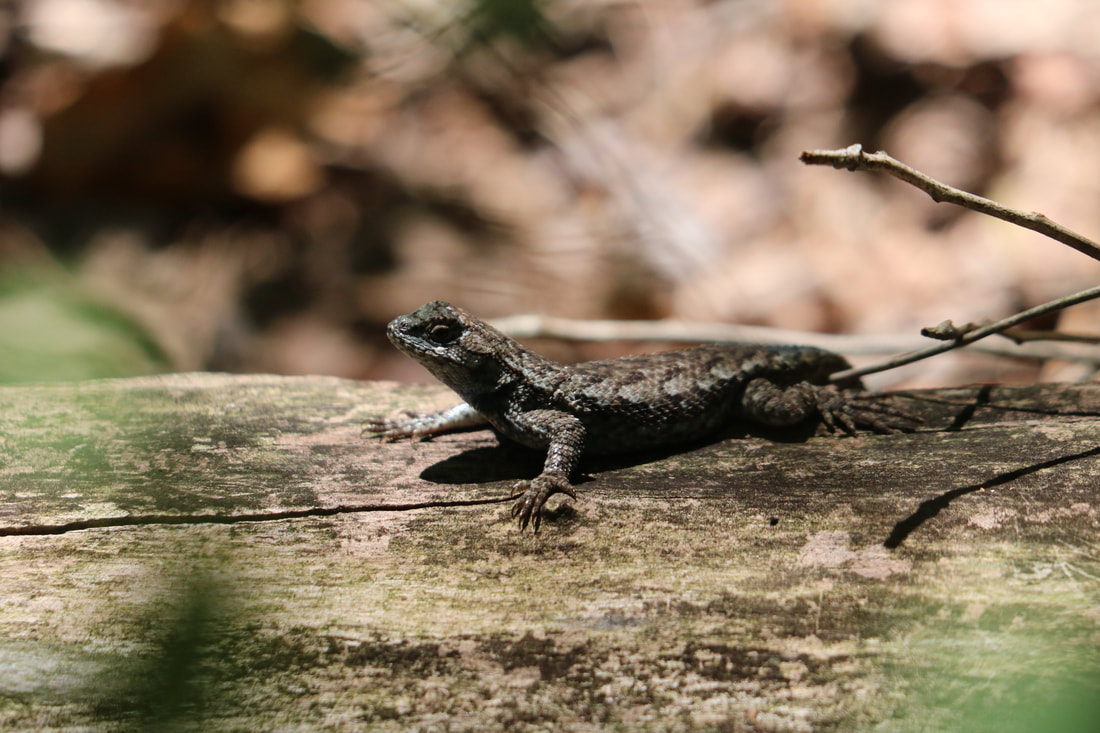The author of Crow Planet is fond of the term “zoopolis” defined as a place where human and wild geographies meet and mingle. Examples of this intersection of the human and wild geographies abound in her writing and on the grounds of her suburban home in Seattle.
Perhaps the overarching symbol in this book is “Charlotte,” a fledgling crow with a broken leg. The bird appeared on her lawn one morning. Haupt is an experienced wildlife rehabilitator, so she took action. She took in the fledgling, fed it appropriate foods, splinted the leg, and returned it to the lawn. The parent crows witnessed her actions and dive bombed her during the capture and the return. She briefly addressed the issue of naming wild animals, but without apology she named the crow.
The crow parents did not continue their attacks on her after that day, which is surprising. She cites literature documenting the memory and continued animosity of crows toward those who have captured and banded them and toward those who have approached too close to their young. “Charlotte’s” parent crows, atypically, go about their business and peacefully coexist with Haupt and her family.
As Haupt continues her narrative of the zoopolis, she cites numerous written sources of information, from scientific and naturalist writings as well as words from the literary sphere. Her sources include poets Emily Dickinson and Ted Hughes, and scientists Aldo Leopold and Edward O. Wilson. Her chapter titles reflect the chapter titles of Henry David Thoreau’s seminal work, Walden, titles such as “Reading,” “Walking,” “Dwelling,” and “Helping,”.
In her investigations of the zoopolis, Haupt is well aware of the damage done to the natural world by human works. She also points out the importance of preserving wilderness areas both for the integrity of the biosphere and for the inspiration humans gain from them. She also points out that, just as humans have invaded the natural world with concrete and buildings, some creatures have thrived near our dwellings. Some invade our homesteads even as we are invading theirs. Haupt exhorts us to bring our concerns for wild nature to bear not only in the wilderness, but close to home where we have the greatest impact for good or ill.

 RSS Feed
RSS Feed